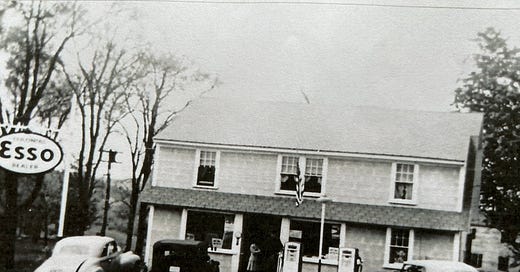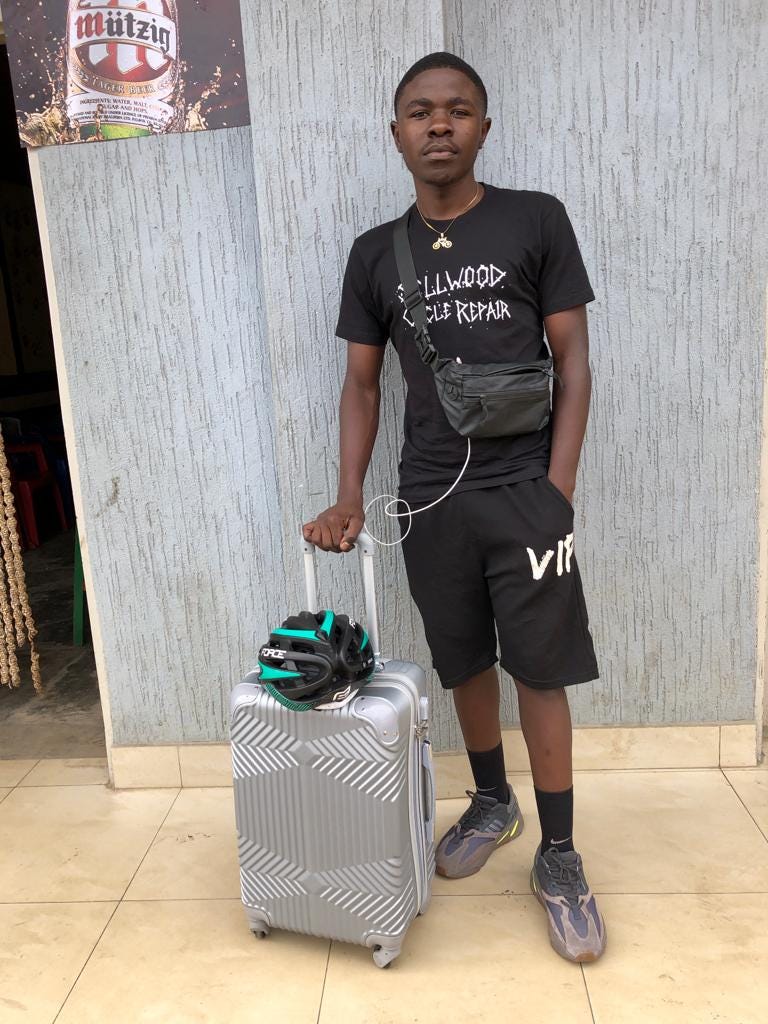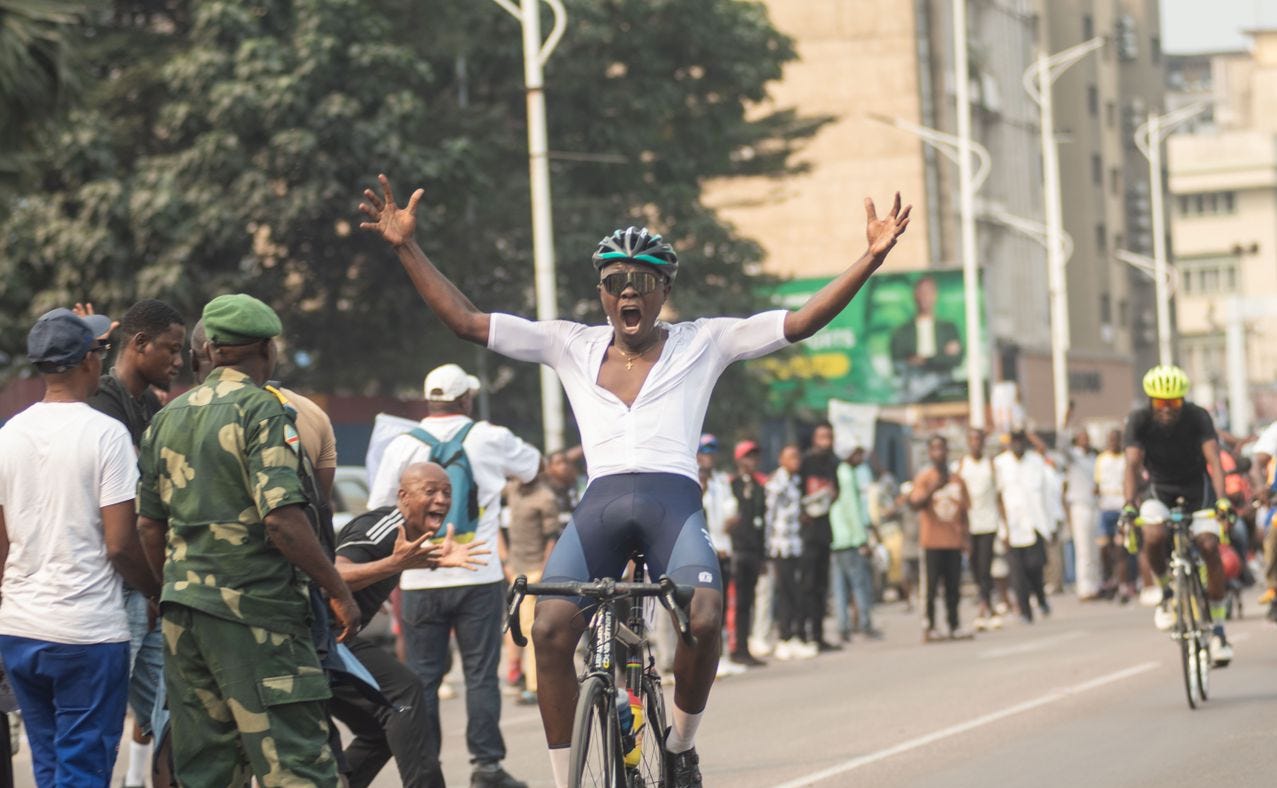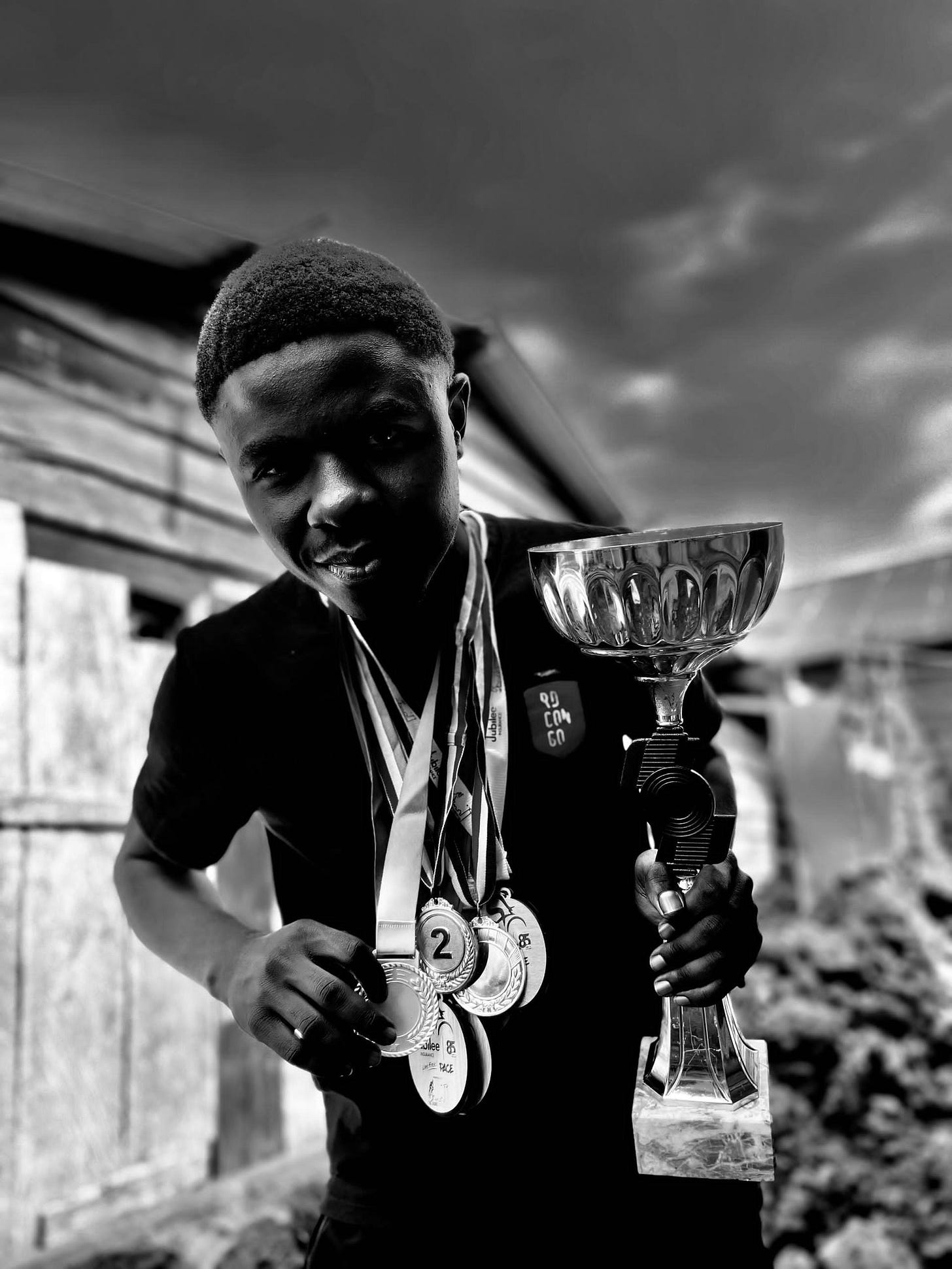If you don’t live in my town, you missed the best part of my last post, which was about the imminent reopening of our long shuttered Corner Store. You missed the local reaction, which sounded a lot like champagne corks popping and featured a ton of reminiscing.
“I remember going to the store as a young child for an ice cream cone,” one woman wrote on the town Facebook page, recalling the late 1940s and also that era’s storekeeper. “3 choices, vanilla, chocolate & strawberry. Roxy would be very patient while I made my selection. It always ended up vanilla. She was so nice.”
For me, the store’s comeback is sweet because we hoped for it for so long and then, improbably, we came to a juncture where (I’m quoting the poet Seamus Heaney now) “hope and history rhyme.”
When I moved here nine years ago, after being a lifelong summer visitor, it wasn’t because of the store exactly. But I did want to be in a familiar place, on turf that held happy memories for me. As a kid, I loved swimming in the pond here and picking blueberries in the hills. Settling in New Hampshire after living out west, in Portland, Oregon, felt like coming home. It felt good.
Meanwhile, though, I’m a traveler. Because I work as a journalist, I’ve visited about 30 countries. And over the past week, I’ve been thinking about how I balance my thirst for both home and adventure and also about what I seek when I’m traveling.
For a long long time, I was always on the hunt for new things–new tastes, new sights, new sensations. But of late, maybe it’s because I'm almost 60 now, I’ve increasingly sought out the familiar. No, I don’t mean that whenever I’m in Liberia, I look for a Holiday Inn. Rather, in talking to people who inhabit worlds I don’t know, I focus on themes that are familiar to me. Like, I ask about what their home life is like and about the people they love. If there’s a Corner Store in their life, I’m there to learn all about it.
When I visited Kenya last year, to write about an East African cycling squad, Team Amani, I found myself talking to one rider, 21-year-old Joel Kyaviro, about his childhood in Goma, a large city in the Democratic Republic of Congo. I knew Joel’s story would be difficult, for the DRC has been riven by civil war for much of the past quarter century. “In 2012, when I was 10,” he told me, “a bomb fell into our home and killed one of my brothers. Every time fighting broke out, we ran into the bush and hid.”
“I’m sorry,” I said when Joel finished. He shrugged, then smiled in a way that conveyed both sadness and a hard reckoning with how life can be devastating.
The next day, out on the roads, it was an easy day for the team. I tagged along on my own bike, and each time we came to a hill Joel sprinted like a madman. He buried everyone else. He was flexing his muscles in a showy way that made me smile and think, “Ah yes, I remember when I was a kid.”
Joel was the youngest rider on hand, and unlike the others, he was still trying out for Team Amani. He was the sole French rider on a squad filled with English speakers. But even as he faced these challenges–and even as he carried the weight of his horrific backstory–he had no fears about throwing down, about strutting his stuff. How could I not like the guy?
We’ve stayed in touch this past year, Joel and I, even after he got cut from Team Amani and went back to the DRC. It’s been a beautiful, though often painful, correspondence, and many times it’s made me think about the need we all have for a home built on happy memories.
In April, Joel wrote me to say that the civil war had kicked up where he lives, in the DCR’s North Kivu region. Googling, I learned that a million people had fled their homes over the last year to escape gunfire. Joel’s family (him, his mother, and his six living siblings) were staying put, but he was desolate. “Life is too complicated here,” he wrote. “Sometimes you want to go to train”–to ride his bike outside, he meant– “but there are a lot of demonstrations and people are threatened. Training is not possible unless you carry a weapon, and I don’t have money for that.”
What could I say? I told him to jump rope, to do push ups. “Stay in shape, man,” I wrote, “The world needs your talent.”
Somehow he did stay in shape, and as the spring wore on, he began traveling all around East Africa, fighting to make a name for himself on the region’s burgeoning bike racing scene. Here he is after a long bus ride from Goma to Kenya to participate in the four-day, 403-mile Migration Gravel Race.
Here he is arriving in Kigali, Rwanda.
He’s still learning to race, and sometimes he runs into snafus. At Migration, he got lost and strayed off course but still finished a respectable 14th out of 71 finishers and thereby earned his way onto Team Amani, as a stagiaire, or unpaid intern. In July, at the DRC’s national road championships, he finished, well, I’ll let the photo tell the story.
Yeah, he won, and when he wrote to me, he said, “My dream has become a reality.”
But Joel’s national crown wasn’t a clincher for him. This month, he had to rush back from the DRC from Rwanda. Unable to pay rent, his family was about to get evicted from the house they’ve lived in since 2012.
While he was there, Joel sent me an amazing photograph.
I love the swagger in this picture, and the largeness of the sky. I feel like there should be a caption reading, “The Hero Returns Home.” The picture is, in any case, all about home and the magic home holds. My friend has come back to a familiar place–this boarded-up house, this stone wall–and brought with him the supreme hope and confidence that only a 21-year-old champion can muster. Will that hope be enough to change everything?
Right now, it’s not clear whether Joel and his family can stay in their house. Meanwhile, the war continues in North Kivu. When Joel wrote me this week, he said, “Yes, it has started again 15 kilometers away from my house. We listen to bombings and see the war-wounded, and when it gets out of hand, there are bombs that fall nearby.”
I write these words looking out my window at dusk, down the hill toward the store, the white steeple of the church off to the right. It would be lovely if the idyllic peace we have here pervaded the globe and also if Joel’s life too could come to a juncture where hope and history rhyme. He will fight to get there. I know that he will. But that fight will not be an easy one.
—
A note to readers
If you’d like to support Joel’s quest to make it as a cyclist, please write me at billdonahuewriter@gmail.com.
This newsletter will soon be paywalled. Subscriptions will cost $8 a month and $80 a year. For one more week, though, I am offering annual subscriptions for $5 a month or $40 a year.
Why am I making you pay? Good journalism takes time. I can’t do this newsletter for free forever. And beyond that, journalism and the publishing industry are shrinking in scary ways. I hope you’ll agree with me that good writing is vital to our society and should be financially supported.











I met Joel at the Rwanda Epic last year and was undone by his enthusiasm. Your writing describes him perfectly.